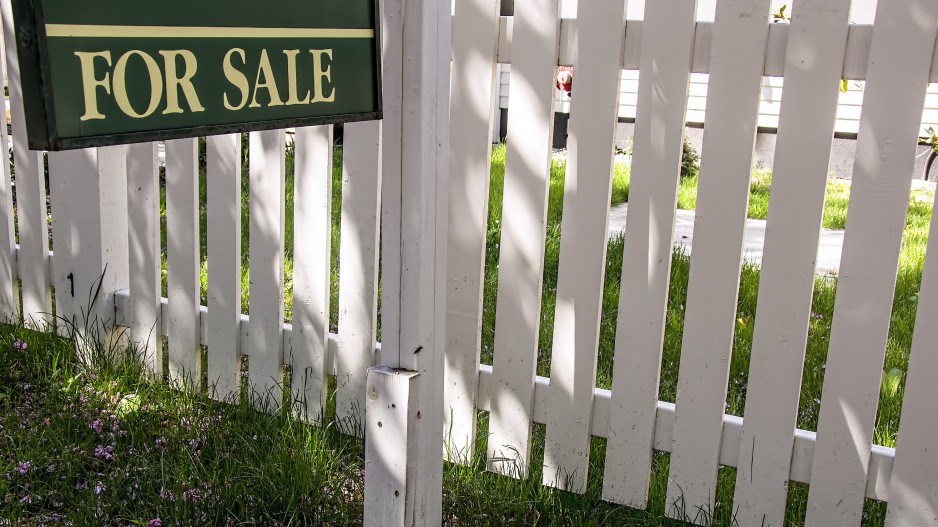A new survey shows more than one in 10 Canadians own an investment property — and their ranks are expected to grow over the next five years.
The online survey released by real estate firm Royal LePage on Thursday shows 11 per cent or about 4.4 million Canadians are investment property owners and at least half have a plan to add to their housing portfolio in the next five years.
The report says they will be joined by an estimated 23 per cent of people in the country without an investment property who intend to purchase one before 2028.
Phil Soper, Royal LePage's president and chief executive, said the interest in real estate investments is coming from a confluence of factors.
"There is a lot of focus on rising rents, which (investors) would view as revenue, on housing shortages, which they would view as capital appreciation, and record levels of immigration, which they would view as future customers," he said.
"So there's currents that are flowing into the personal investment space that are checking a lot of boxes for more people."
Royal LePage's observations come as housing affordability has been exacerbated by rising mortgage rates that have challenged homeowners and prospective buyers.
Though home prices have dipped from their pandemic highs, the rate increases have eaten into buying power and convinced many to stick with the surging rental market.
The national average home price was $716,000 in April, down 3.9 per cent from a year earlier but up $103,500 from January, the Canadian Real Estate Association has said.
Rentals.ca's latest report show national rent averaged $2,002, in April nearly unchanged from March but up 9.6 per cent from a year prior.
"We were a country where our vacancy rate in rental property was very low, but now it's hyper low and rents have risen faster than the underlying cost of living, which makes it more attractive," Soper said.
At the same time, he sees "a significant minority" worried about the carrying cost of rental properties and how much higher rates may be when they renew their mortgage.
Increased lending rates have caused nearly one third of investors to consider selling one or more of their properties. Investors aged 18 to 34 are the most likely to weigh the decision of selling at least one of their investment properties.
Royal LePage's March survey of 1,003 Canadians who own one or more investment properties found 64 per cent of existing real estate investors in the country own one property and 32 per cent have two or more properties.
Single-family detached homes are the most popular type of investment property with 44 per cent of investors owning this type of home, followed by condos at 37 per cent and townhomes at 11 per cent.
Soper's biggest takeaway from the report was "the enthusiasm with which young adults are embracing investment in residential real estate."
Although many young Canadians have yet to even purchase a home, real estate investors between the ages of 18 and 34 are the most likely cohort to have more than one residential property.
Forty-four per cent of investors in this age group own two or more investment properties, significantly higher than the 29 per cent of investors between the ages of 35 and 54 who own investment properties. A quarter of investors age 55 or older own two or more investment properties.
However, Royal LePage found 67 per cent of the youngest investors own their primary residence, compared to 88 per cent and 95 per cent of investors aged 35-54 and 55 or older, respectively.
Young people are becoming real estate investors because of economics, Soper suggested.
"They realize we've got a critical housing shortage in this country and they realize that we're welcoming half a million new Canadians a year and that the shortage of this asset is going to continue to put upward pressure on home prices."
Royal LePage's online survey was conducted by research firm Leger, which says no margin of error could be associated with a non-probability sample like the web panel it used.
This report by The Canadian Press was first published May 25, 2023.
Tara Deschamps, The Canadian Press




